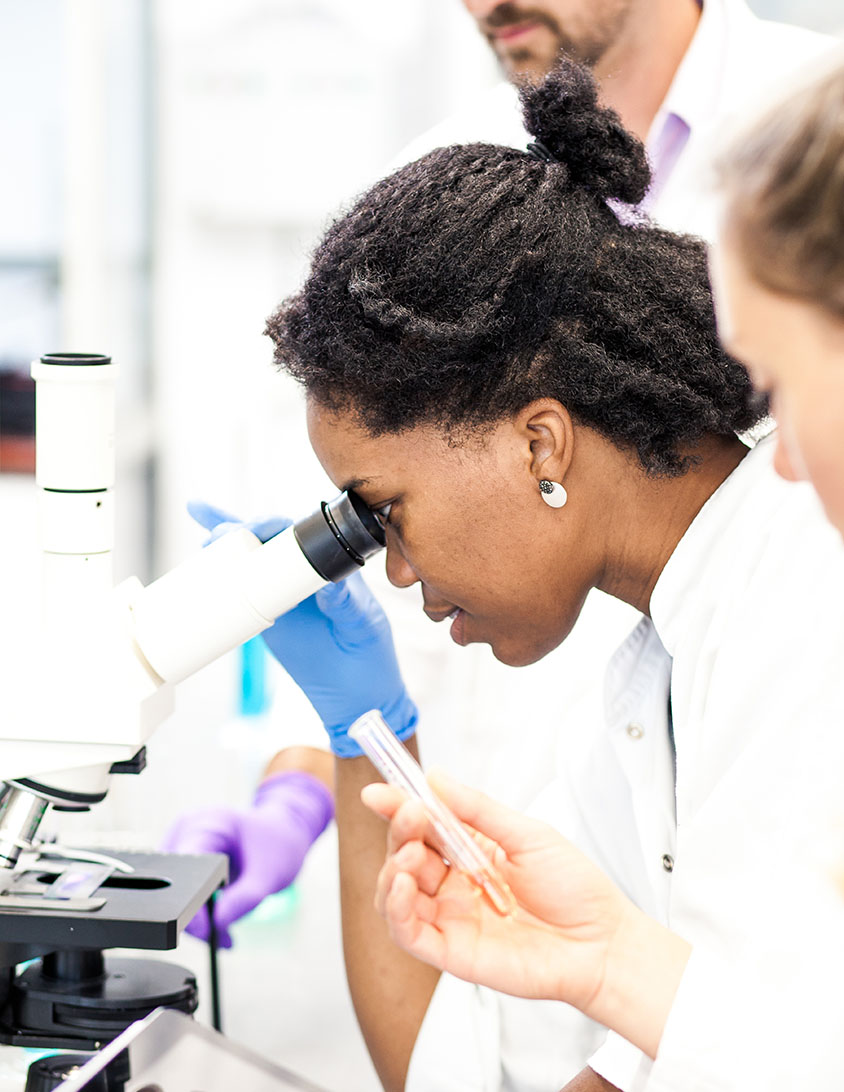Mitochondrial Myopathies (MM)
Research
With MDA’s support, scientists continue to make significant progress in their quest to fully understand and treat mitochondrial diseases.
Unique progress has been made in MNGIE, a disease in which a flaw in a gene in the nucleus indirectly causes a mitochondrial problem. MDA-funded researchers are experimenting with infusing donor stem cells into patients with MNGIE to restore normal metabolic conditions and halt damage to the mitochondria.
In addition, MDA-funded scientists have identified many of the genetic defects that cause mitochondrial diseases. They’ve used knowledge of those genetic defects to create animal models of mitochondrial disease, which can be used to investigate potential treatments. They’ve also designed genetic tests that allow accurate diagnosis of mitochondrial defects and provide valuable information for family planning.
Perhaps most important, knowing the genetic defects that cause mitochondrial disease opens up the possibility of developing treatments that target them.
As of late 2009, some MDA-supported researchers are working on ways to add therapeutic genes to mitochondria. Others are concentrating on understanding the biochemical processes that go on inside mitochondria, with the goal of correcting or working around these to treat mitochondrial abnormalities, whether or not new genes are added. Still others are studying the behavior of mitochondria as they exist inside cells as miniature organs (“organelles”), interacting with each other and with other cellular components.

